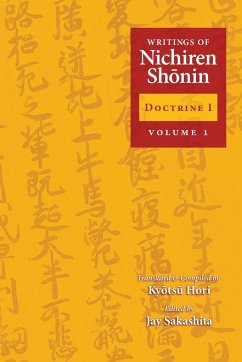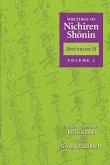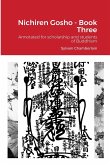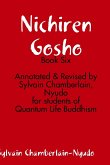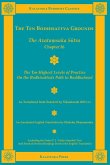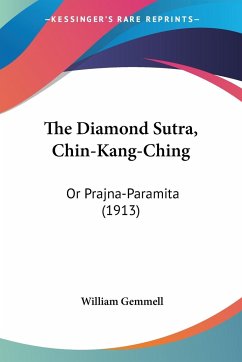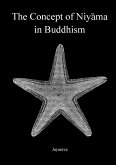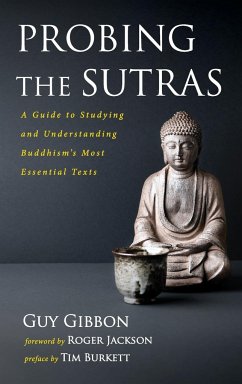This volume, the 10th project of the English Translation Committee of the Nichiren Shu Overseas Propagation Promotion Association (NOPPA), constitutes all 18 writings of Nichiren included in the Nichiren Shonin Zenshu, Complete Writings of Nichiren Shonin, Volume I: Theology 1, published in 1992. The Nichiren Shonin Zenshu is a modern Japanese version of Nichiren's original writings, translated and edited with annotations by modern scholars of Nichiren Buddhism. Despite its all-inclusive title, the Zenshu is highly selective in that it takes into account only writings considered bibliographically authentic: attested to by original manuscripts. Among such texts, those included in the Showa Teihon Nichiren Shonin Ibun, Writings of Nichiren Shonin Standardized in the Showa Period, complied by the Rissho Daigaku Nichiren Kyogaku Kenkyu-jo, Center for the Study of Nichiren Buddhism, published by Minobusan Kuonji Temple between 1951 and 1959, are considered the most authoritative, and they provide the basic texts for this volume. This volume includes two of Nichiren's five major works, the Rissho Ankoku-ron and Senji-sho. It also contains a fascinating historical description of the rulers of Japan, Sovereigns of our Divine Land, and an expansion of Nichiren's famous reproach of Hachiman, Admonition of Bodhisattva Hachiman. The Rissho Ankoku-ron, Treatise on Spreading Peace Throughout the Country by Establishing the True Dharma, is considered as the foundational document of Nichiren Buddhism. It was completed in 1260 when Nichiren was 38 years old, and presented to former Shogunal Regent Lay Priest H¿j¿ Tokiyori, the de facto ruler of the Kamakura Shogunate. In it, Nichiren addressed the many calamities happening in Japan at the time, including war, famine and plagues. Nichiren write Rissho Ankoku-ron after spending two years in the library of Jisso-ji temple, known then as the greatest repository of Buddhist sutras and commentaries in Japan. Having grown up in the humble household of a fisherman, he had a great desire to relieve the suffering of the common people of Japan, and not just help the nobility in their plots and schemes. After arguing that the dominant Buddhist practices in Japan were ruining the country, he declared that only by abolishing the Pure Land, Zen and Shingon sects could Japan escape further disasters. Only through devotion to the Wonderful Dharma of the Lotus Sutra could Japan find peace and prosperity for all its people. Nichiren's message was not welcome. It transformed him from a minor priest preaching on the streets of Kamakura, to the focus of the wrath of the Shogunate. The other major writing in this volume, Senji-sho, Selecting the Right Time, was written in 1275, after Nichiren had endured two exiles and several other persecutions including preparations for his execution and the murders of several of his followers. By the time of this writing, he had retired to Mt. Minobu to devote himself to writing, preaching and organizing his followers. In this work, Nichiren ties the teachings of the Buddha with the ages after the death of the Buddha. He argues that for the time in which we live, the proper teaching is the Wonderful Dharma of the Lotus Sutra. He also continues his refutation of the Zen, Pure Land and Shingon schools with detailed arguments for not only their inferiority, but the active harm caused by their teachings. He finishes by encouraging us to see ourselves as Bodhisattvas who came into this world to teach the Wonderful Dharma, and not to spare our lives in our efforts to benefit all beings.
Hinweis: Dieser Artikel kann nur an eine deutsche Lieferadresse ausgeliefert werden.
Hinweis: Dieser Artikel kann nur an eine deutsche Lieferadresse ausgeliefert werden.

